Testosterone is an amazing hormone for women. In men, testosterone is produced mainly in the testes, and in women, it's produced in the ovaries (when working properly) with a small amount made in the adrenal glands. Testosterone is a hormone found commonly in men and less so in women. Testosterone is a sex hormone that plays an important role in the health of both men and women.
In females, half of the testosterone is produced by the ovaries and adrenal glands. A healthy level of testosterone is also protective against bone disorders such as osteoporosis and HSDD (Hypoactive Sexual Desire Disorder) or low libido in women. Although testosterone is a male sex hormone important for sexual and reproductive development, it does much the same in women. Female testosterone can be increased or decreased depending on the needs of the women.
Menopause is a normal, natural event defined as the final menstrual period and usually confirmed when a woman has missed her periods for 12 consecutive months (in the absence of other obvious causes). Menopause is when the function of the ovaries ceases and she can no longer become pregnant. Hormonal headaches typically stop when menopause is reached and hormone levels are consistently low.
Perimenopause (the time around menopause) is different for each woman but usually, the progesterone levels drop first followed by testosterone levels. Libido drops and dryness of the eyes, mouth, and vagina occur shortly thereafter.
Female muscle strength comes from an ample amount of female testosterone. Muscles can hold up for a while longer but begin to decline and shrink in women.
The only option for replacing testosterone at the age of natural menopause or surgical menopause is a compounded cream (not made by big pharma companies). Oral testosterone, long used by women, increases risk of breast cancer more than 200%. A compounded testosterone lipodermal cream (by a compounding pharmacy) can be applied between thighs and sometimes intravaginally to reduce vaginal dryness, recover the libido, and end HSDD.
Contact us at (801) 796-7667 or info@danpursermd.com for help. Check back often for the newest updates!



